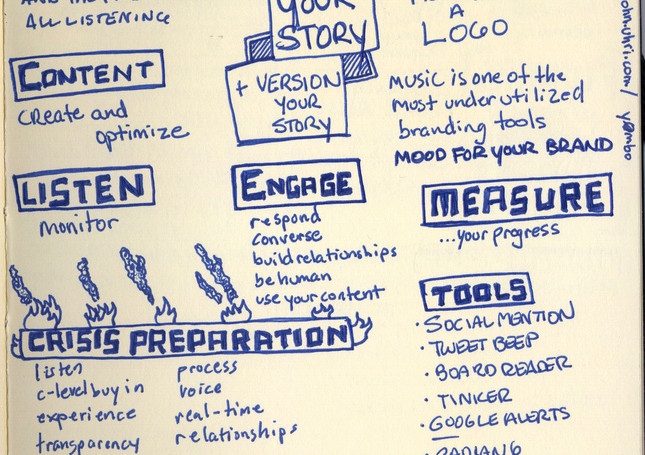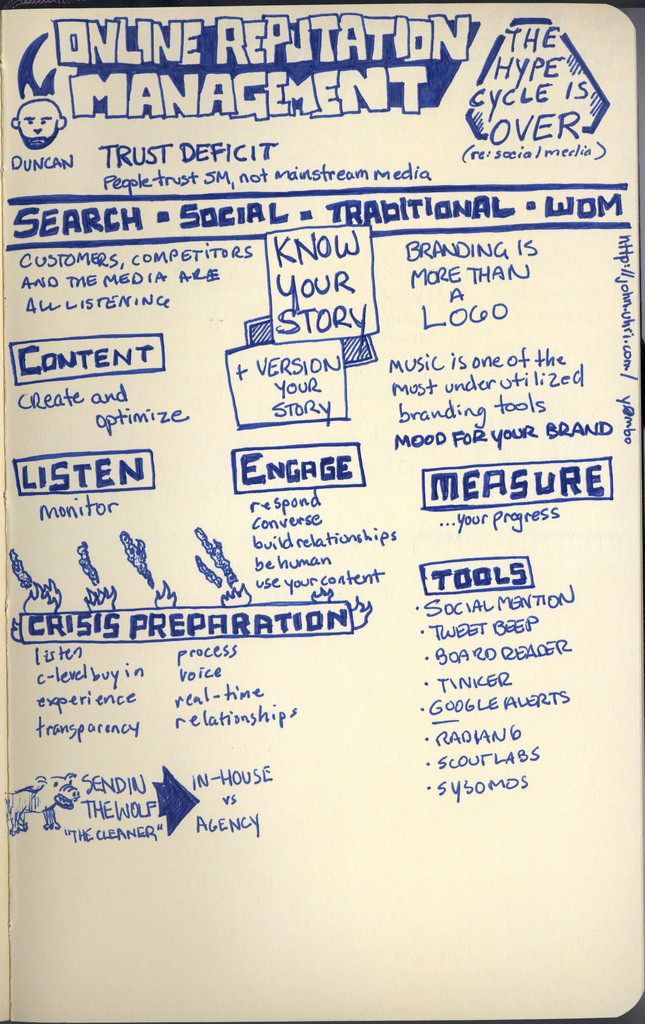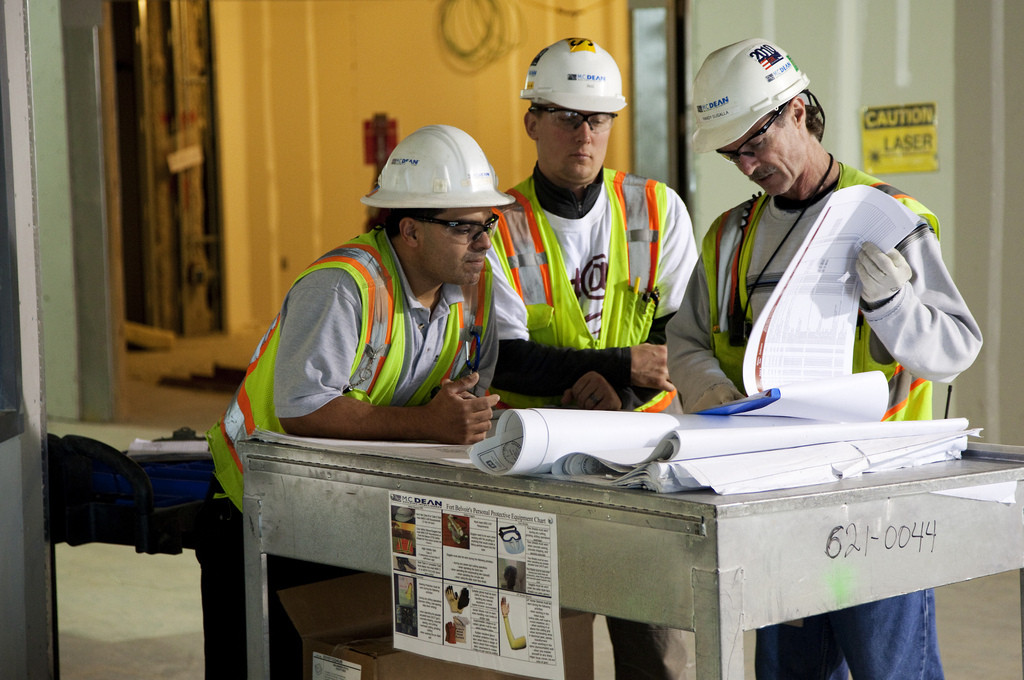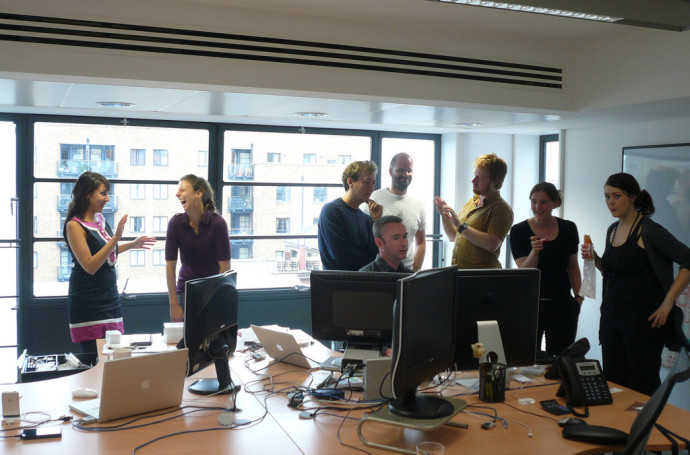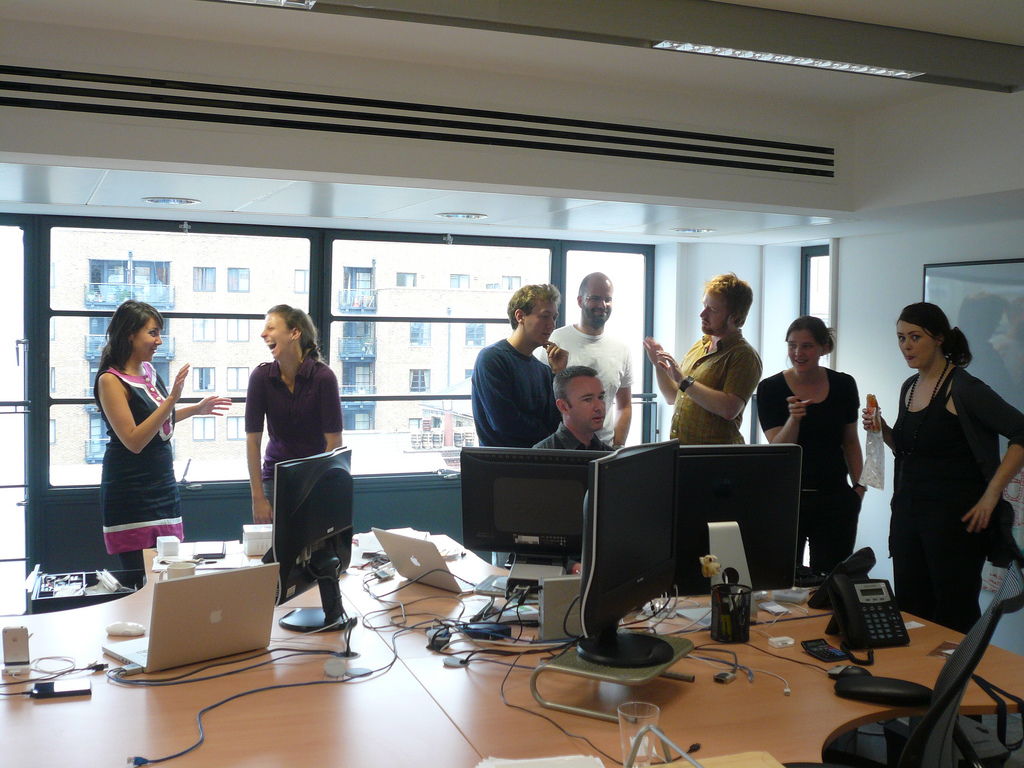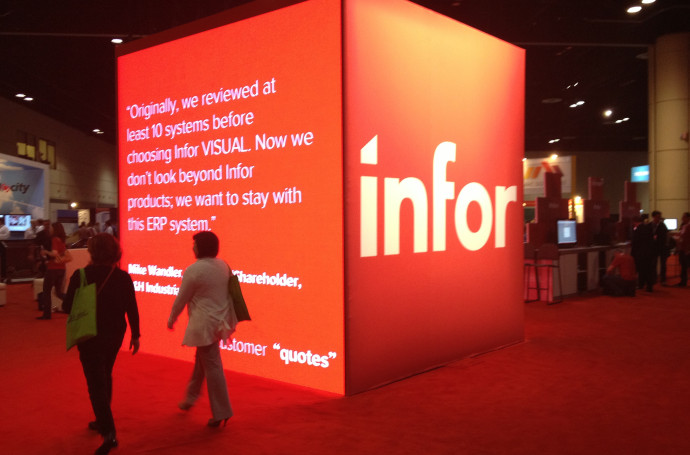Relax And Work From Home At The Same Time

These days, we are accustomed to earning our income in a lot of peculiar ways. No one finds working from home weird or uncomfortable anymore. But what about our free time? Is there a way to diversify your lazy hours and raise your income a bit at the same time? Yes, there are literally dozens of activities online people can engage in, making money with great ease and joy. In this article, we present you with three ideas that are quite different in nature, yet they all allow you to engage in making money gradually depending on how many extra cash you need.
Get Ready For Some Extra Cash!
WRITING A BLOG

This option presents you with loads of opportunities, from making extra $200-300 per month to rearranging your life completely, to the extent of becoming famous. For certain, starting a blog is not a straightforward and simple process. However, should you not be afraid of financing your idea a bit on the beginning, hundreds of tutoring websites and blog writing courses are at your service. If you are not so sure about whether writing is exactly your cup of tea, in this case, some free blog platforms are just what you want.
You begin making money through blogging as soon as you take a step into the affiliate market industry. It is not as difficult as it sounds, though; the only thing you will need to do is promote products for companies by placing ads and writing articles. It can be perfectly performed in your spare time and is pretty lucrative, as well.
DEVELOPING ONLINE VIDEOS AND/OR COURSES
If you are not a man of pen and ink, do not worry – you still can realise your marketing potential through creating your own video channel. A lot of people start shooting and posting videos on YouTube just for fun, only to find themselves later earning sizable sums of money. Again, try linking Google AdSense for a start and then move on to some serious areas, such as making product reviews. Maybe, not just as profitable as blog writing, making videos is just more fun – which is sure what you want to have in your time off work.
ONLINE GAMBLING
Are you not altogether innocent of getting a lot of excitement in card/slot games? There was a time when people haunted gambling houses in the feverish desire to become rich. Being a modern gambler, though, has long ceased to mean we actually need to leave the comfort of our own homes to scoop some amount of hard cash. Those who are interested in professional gambling might like to try even no deposit/free slots that provide an excellent opportunity to master gambling techniques.
In the end, spending free time online can sure generate some supplemental income for you. Of course, one should not expect this idea to be super-fast or super-productive when it comes to earning a living. Just do not forget to enjoy your free time!

